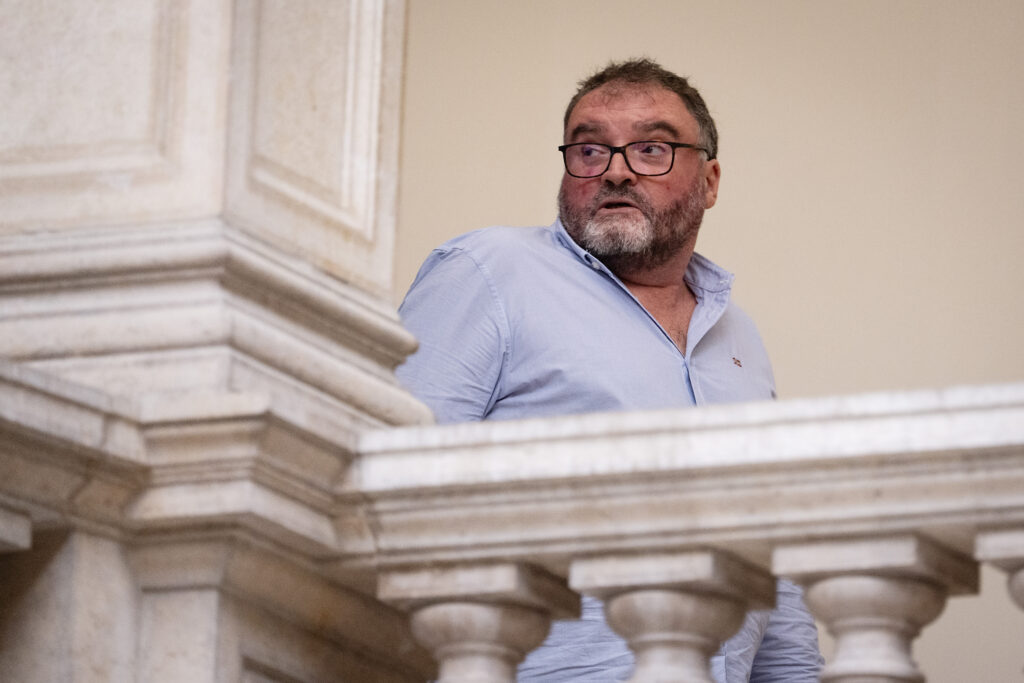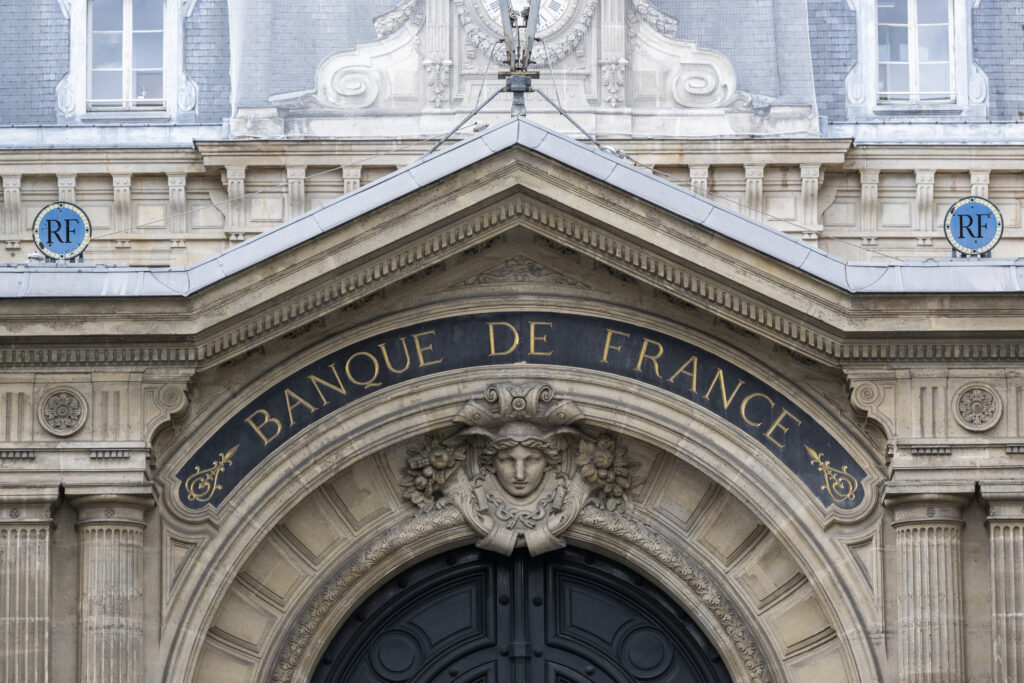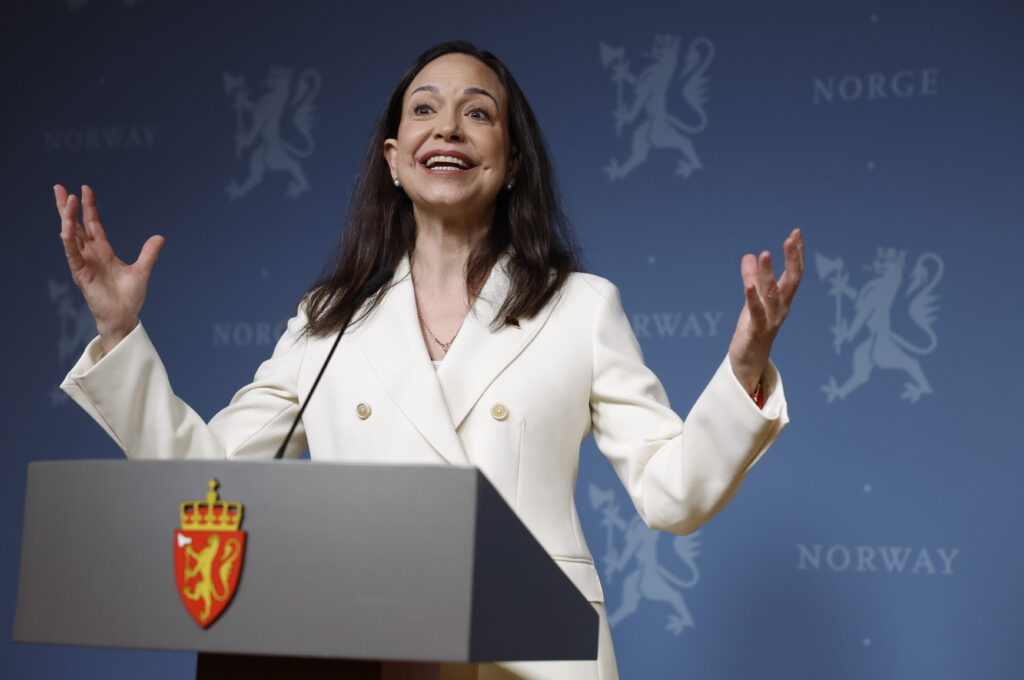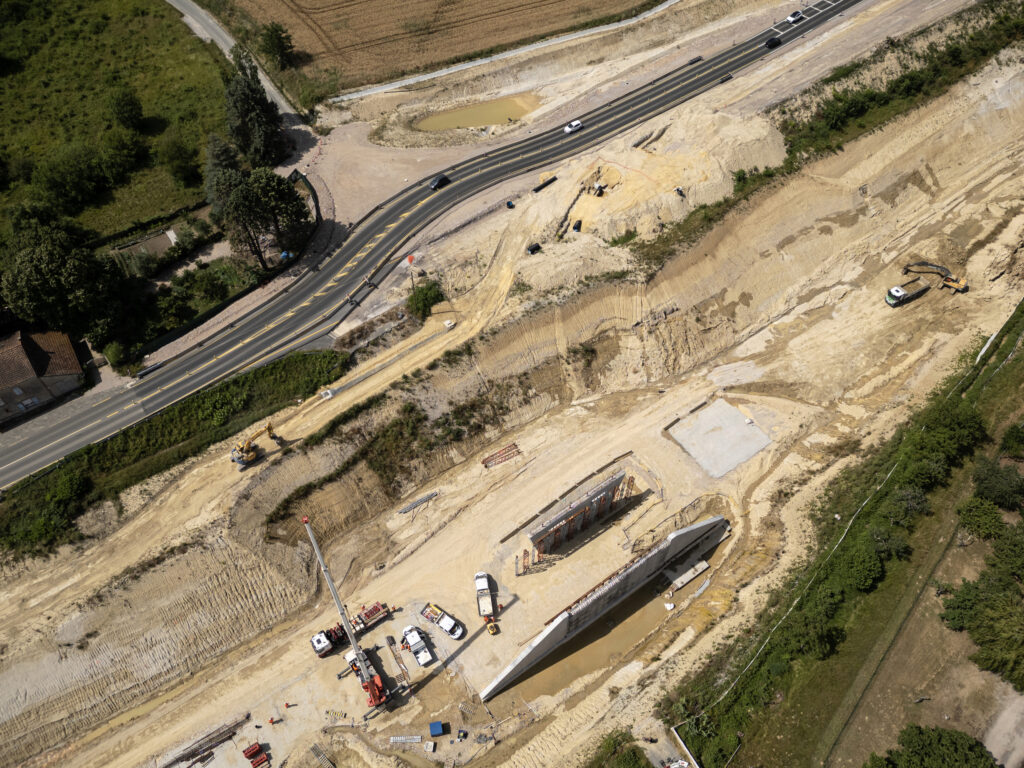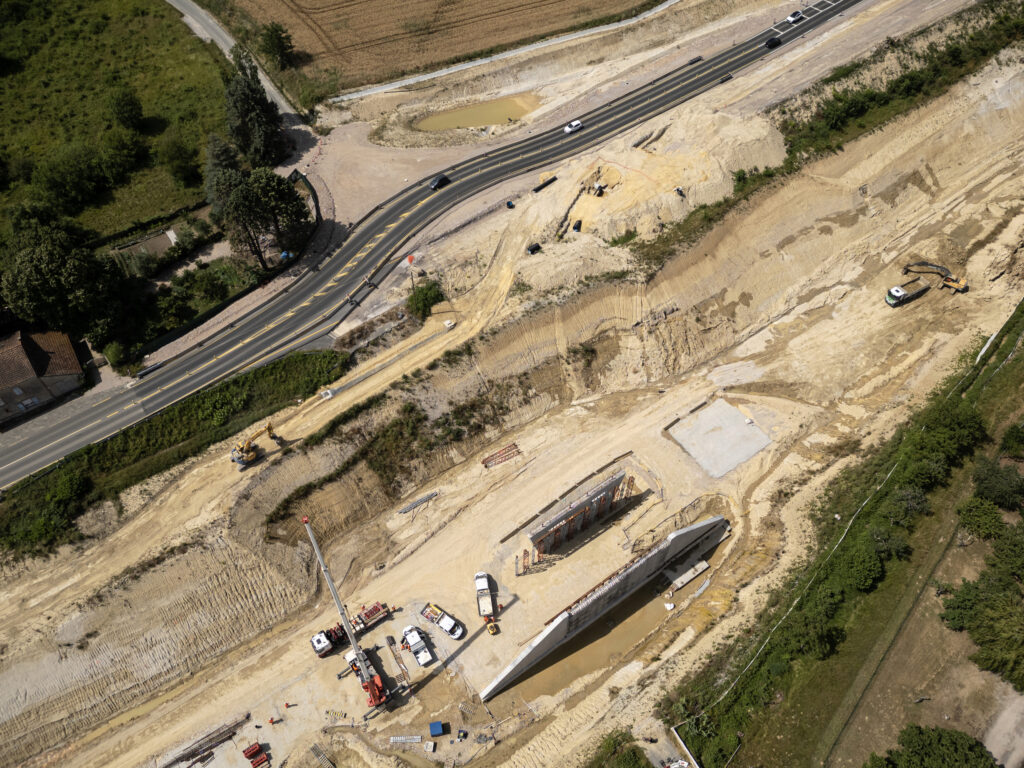A Athènes, la lutte pour préserver des cours d’eau au milieu du béton
Entre les roseaux et les platanes centenaires qui longent la rivière Kifissos dans l’ouest d’Athènes, Tassos Sikoutris ramasse bouteilles plastiques et déchets rouillés qui jonchent “ce dernier tronçon naturel” menacé par des travaux de prévention des inondations.Dans cette banlieue de Néa Filadélfeia, bétonnée comme l’ensemble de l’agglomération athénienne, la rivière est “une oasis”, savoure cet ingénieur électricien de 59 ans tandis que hérons et faucons survolent les berges verdoyantes.Mais “les travaux prévus détruiront ce riche biotope”, déplore-t-il en désignant la base d’un roseau pétrifié, signe de la présence du cours d’eau depuis l’Antiquité.La rivière Kifissos, longue de 27 km, traverse la banlieue ouest de la capitale. Mais au cours du XXe siècle, une grande partie a été sacrifiée et enfouie pour y construire autoroute, zones habitées et industrielles au rythme de l’urbanisation frénétique de la capitale grecque.D’autres cours d’eau ont subi le même sort dans une agglomération densément peuplée, une fournaise en été et qui manque d’espaces verts.Des inondations fréquentes lors de pluies intenses ont contraint les autorités à entreprendre d’importants travaux pour gérer les cours d’eau restants comme celui de Néa Filadélfeia.”Ce qui est perçu maintenant comme une oasis pourrait, lors de graves inondations, devenir une catastrophe”, assure d’ailleurs à l’AFP Nikos Tachiaos, vice-ministre des Transports et des Infrastructures.L’objectif des aménagements est de prévenir “des phénomènes (naturels) violents dans le contexte du changement climatique”, poursuit-il en insistant sur les inondations catastrophiques et meurtrières qui ont ravagé la plaine de Thessalie, dans le centre de la Grèce, en 2023.Or la rivière “Kifissos est le plus grand problème à Athènes” quant au risque d’inondations, souligne-t-il.Les habitants tirent, eux, la sonnette d’alarme.- travaux d’ingénierie – Ces aménagements vont entraîner “la coupure d’arbres centenaires et la destrution de la flore et de la faune”, fustige Chryssanthi Georgiou, présidente de l’association Roï (flux en grec) pour la préservation des rivières.Riverains et mairies avoisinantes ont donc saisi la justice pour tener de stopper ce “projet pharaonique”, selon elle.Le plan prévoit la consolidation des berges avec des gabions, ces casiers en grillage métallique remplis de pierre, et l’utilisation du béton dans une petite partie de la rivière pour prévenir les crues.Déjà employée sur des tronçons de Kifissos et d’autres rivières, cette technique est contestée par des experts en raison du risque de rétrécissement du lit des rivières et d’affaissement du terrain.”Les gabions (…) sont des matériaux naturels utilisés dans le monde entier et considérés comme respectueux de l’environnement”, rétorque le vice-ministre Nikos Tachiaos.Au Phalère, en banlieue sud d’Athènes, les habitants dénoncent également le risque de destruction de la rivière Pikrodafni.”Des travaux d’ingénierie lourde utilisant du béton armé et des gabions” sont prévus “ce qui effacera complètement le caractère naturel”, déplore Constantinos Loupasakis, professeur de génie géotechnique à l’Ecole Polythechnique d’Athènes.Selon lui, cette méthode “de court terme” peut transformer les rivières en conduites d’eau pour évacuer les eaux pluviales ou parfois les eaux usées, source de pollution et de gaspillage d’eau.- bienfaits environnementaux -Les détracteurs de ces projets d’aménagement avancent les bienfaits environnementaux de ces cours d’eau.En été, lors des canicules prolongées qui transforment Athènes en une métropole étouffante, “la température dans notre quartier est inférieure de 4 degrés (par rapport au reste de la ville)”, assure Chryssanthi Georgiou. “L’objectif doit être de profiter de nos ressources naturelles”, ajoute-t-elle, “surtout actuellement avec le risque de pénurie d’eau” qui sévit sur la métropole grecque.Fin novembre, l’Attique, la région autour d’Athènes, a été placée en état d’urgence hydrique.Une mesure qui doit permettre l’accélération des travaux d’infrastructure face à la sécheresse prolongée qui frappe la région et a fait considérablement chuter le niveau des réservoirs d’eau de la capitale.Pour le vice-ministre, “des compromis doivent être faits des deux côtés afin de trouver un équilibre entre la beauté naturelle et la fonctionnalité”.

